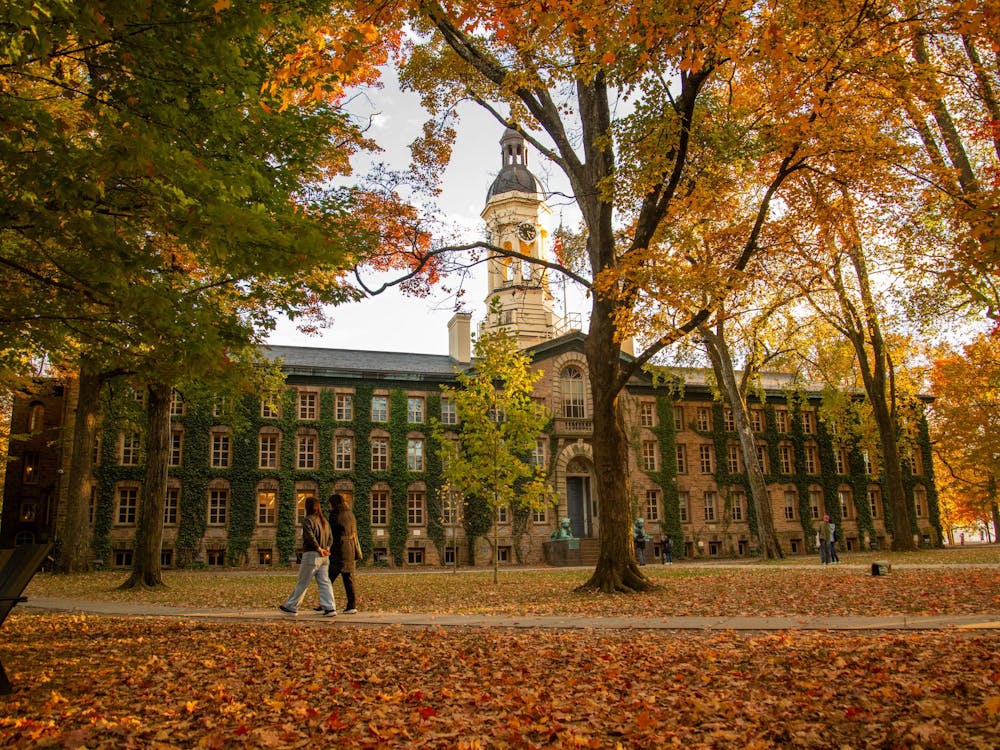Each fall CIA recruiters and web site announce summer internships for qualified undergraduates. But since Sept. 11, 2001, these opportunities have been more limited than CIA recruiting suggests.
Applicants for a CIA internship must pass a polygraph test and background check. Both require substantial resources from the CIA, which are currently being allocated elsewhere, said Frederick Hitz '61, a professor and former CIA inspector general from 1990 to 1998.
"Frankly, the demands of the service have been significant [since Sept. 11]," he said. "The CIA needs to beef up operations before they have enough manpower to clear interns."
The drop off in internships from 2001 to 2002 — the summer after Sept. 11 — was significant.
CIA interns help agency officials analyze global trends through knowledge of foreign relations and languages and physical, chemical and business engineering.
Though the CIA advertised internship opportunities for undergraduates after Sept. 11, the CIA did not take any new interns — those without an existing security clearance — for summer 2002, Hitz said.
He added that this past summer the agency had "only a handful" of undergraduate interns, though he could not specify a number.
The growth in American patriotism in recent years, Hitz said, has also made the internship more competitive.

The agency experienced an "exponential" increase in applicants at all levels of employment including internships, he said.
"To begin with, the internships were not numerous," Hitz said. "And then it was not the immediate impact of 9/11, but rather how people responded to it that made getting an internship exceptionally hard."
In the past couple years, Hitz said, only one current Princeton undergraduate received an internship.
But Hitz said he believes the cutbacks in opportunities for undergraduates will haunt the agency in the future.

"It may be a longterm mistake," Hitz said. "I think [the undergraduate summer internship] is a rare opportunity for the agency to get all kinds of reinforcement in needed areas."
Whereas undergraduate internships have been cut back, the CIA has recruited graduate students more intensively, especially those concentrating on cultural studies or with advanced mastery of foreign languages.
Hitz said despite the cutbacks in internships, Princeton still maintains a good reputation in agency recruiting for permanent positions.
According to the University's Career Services website, the CIA will be coming to campus for the annual career fair held on Oct. 3 this year.
Hitz remains hopeful that the agency will amend its current policies to expand its internship positions in the future.
"We need good people — people of Princeton caliber going into foreign service," Hitz said.







